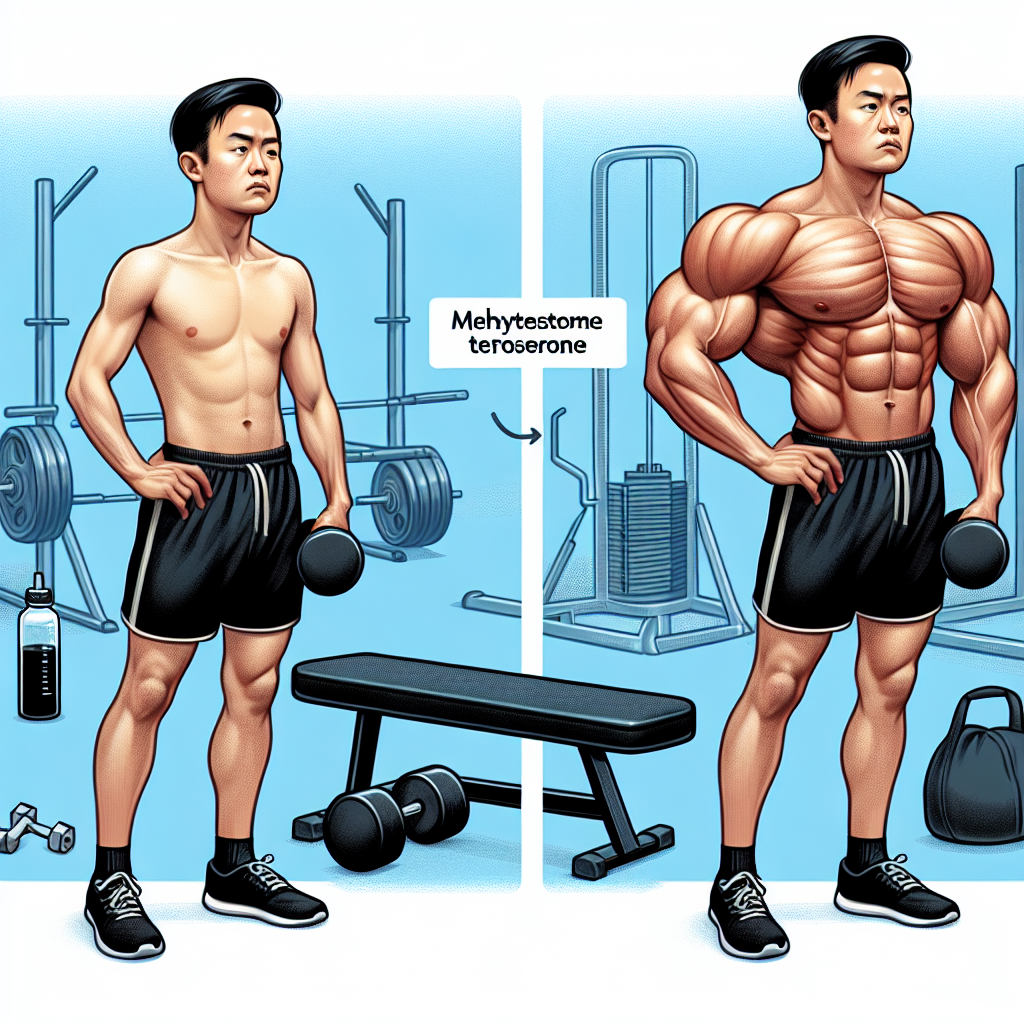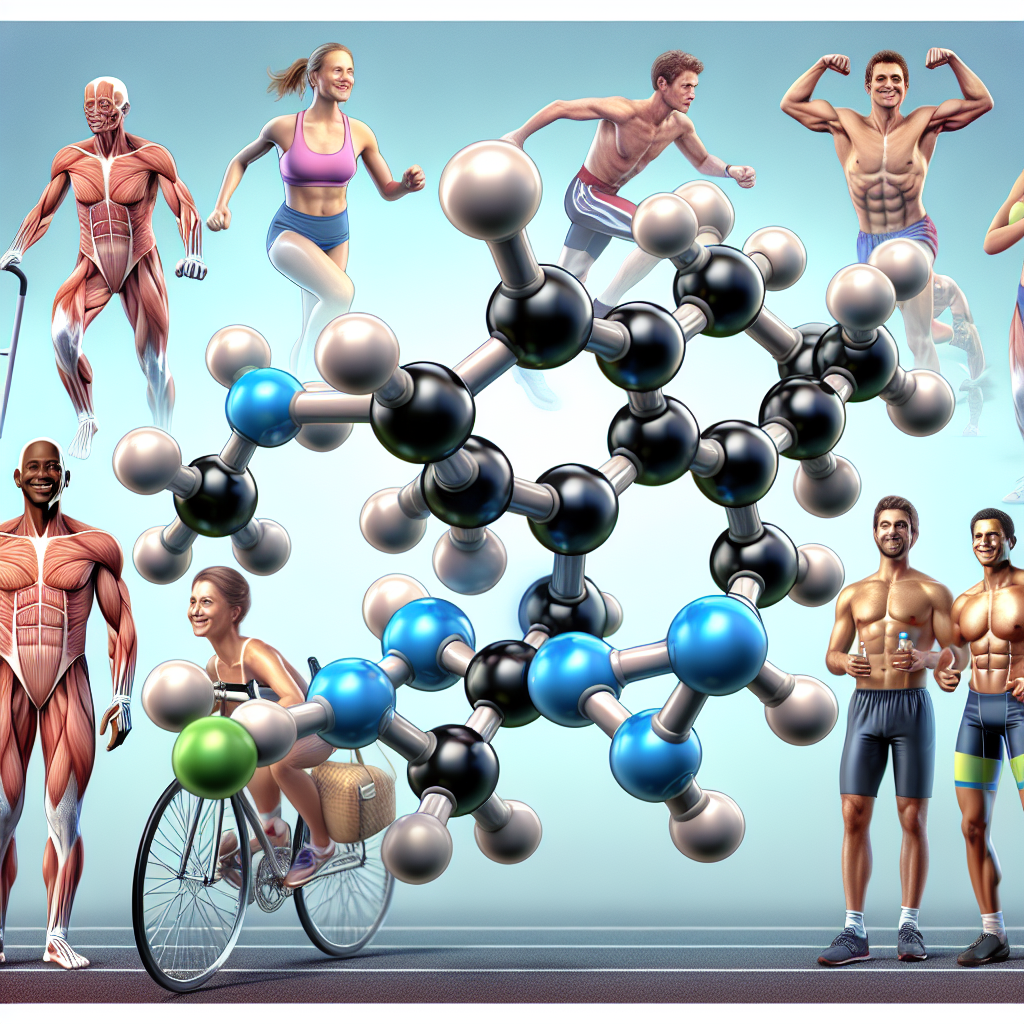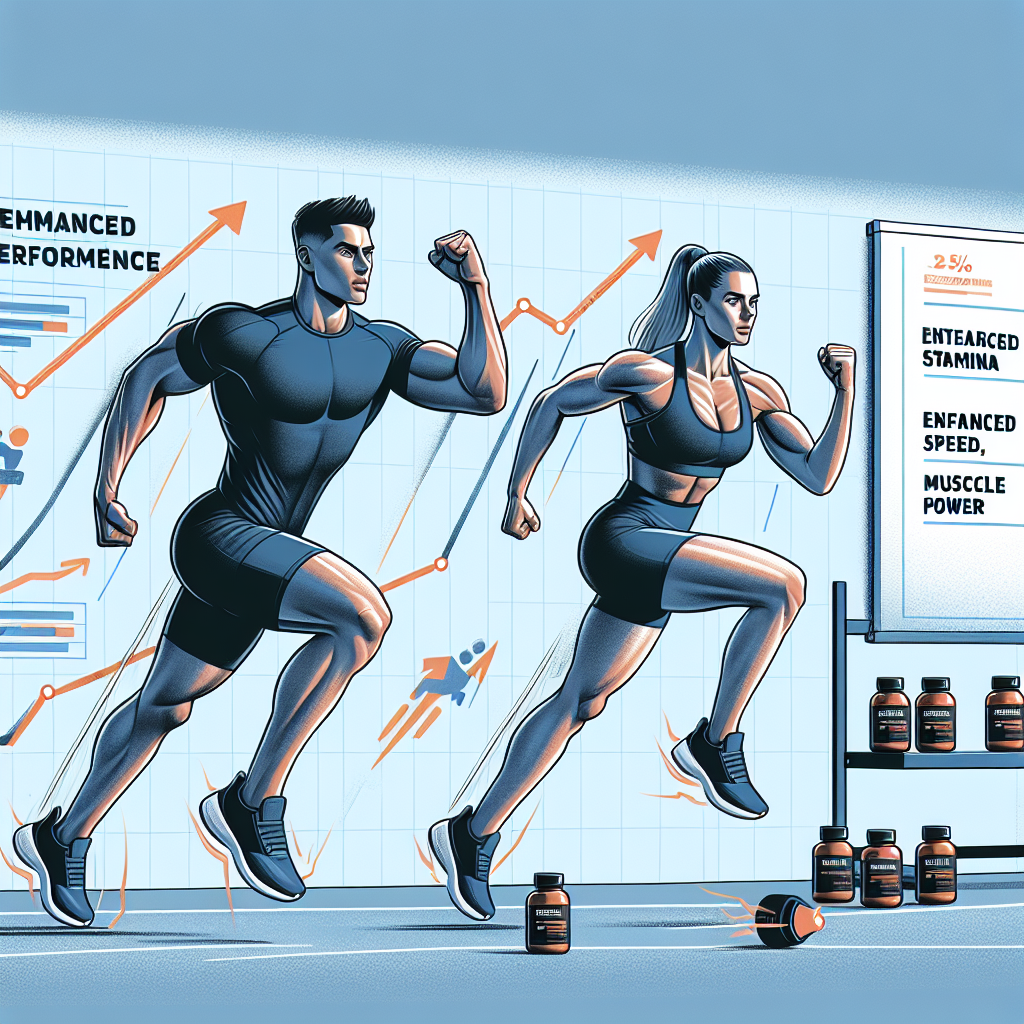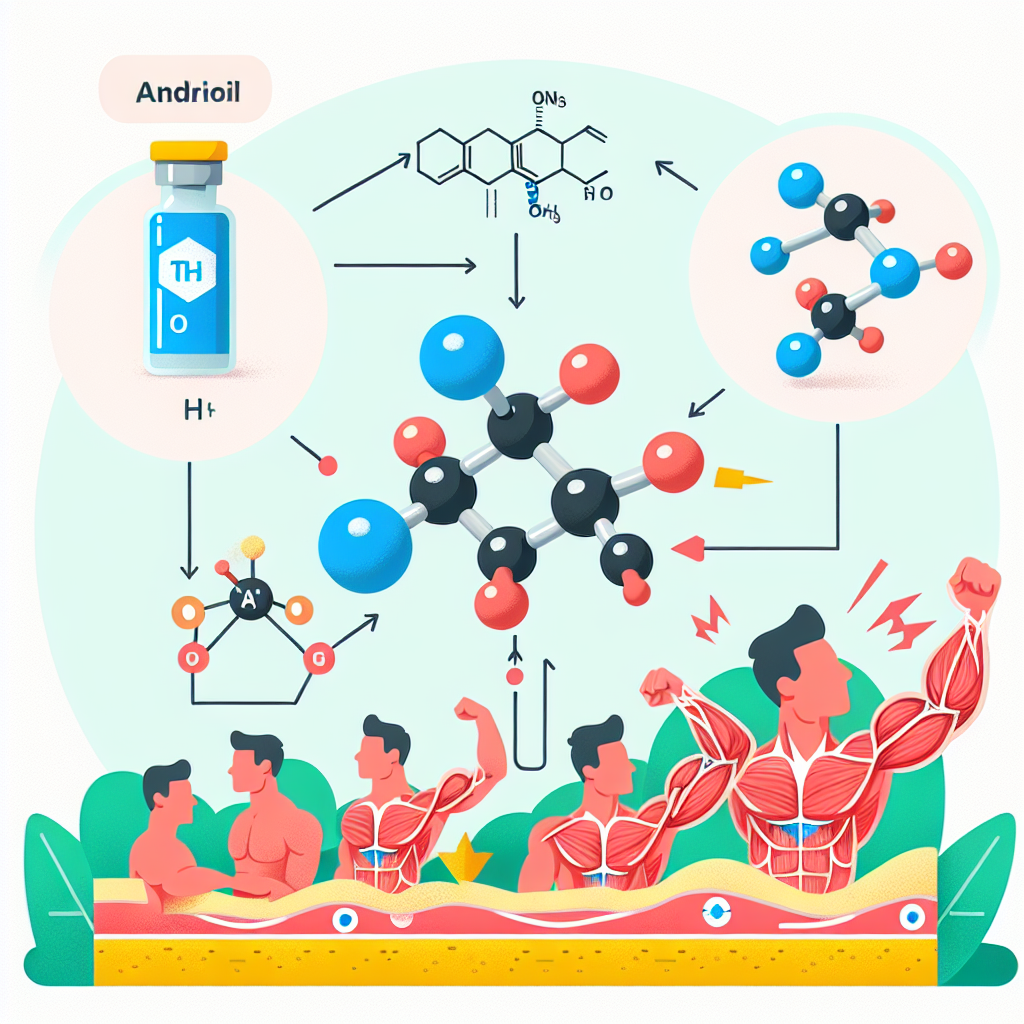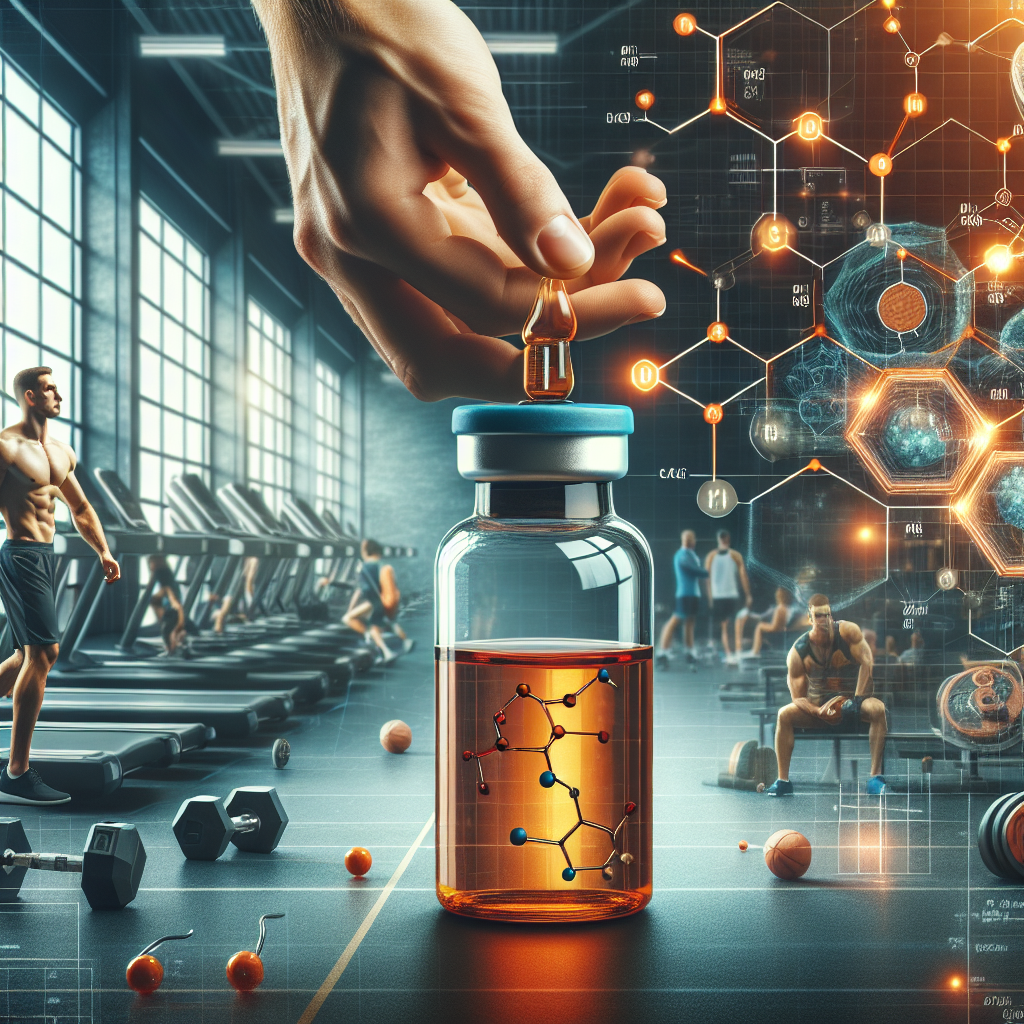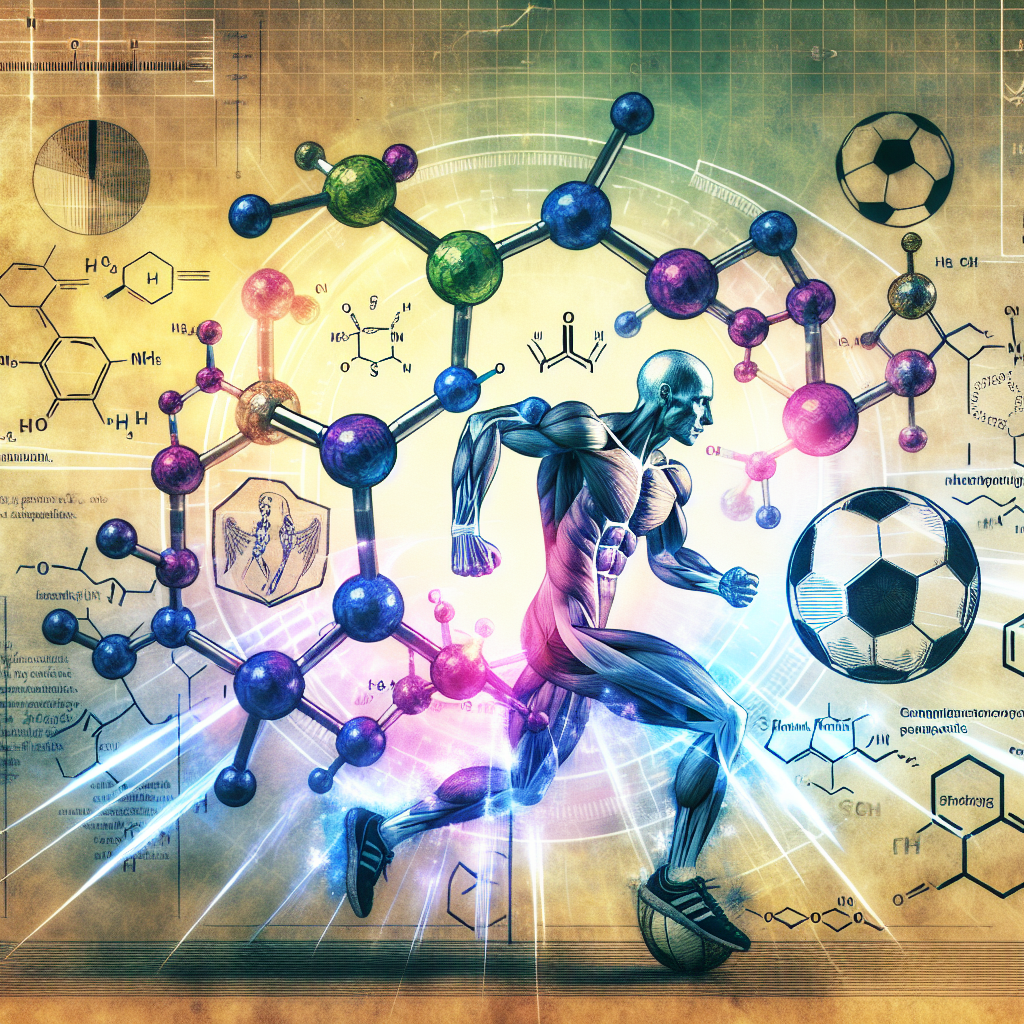-
Table of Contents
Side Effects of Methyltestosterone in Sports
Methyltestosterone is a synthetic form of testosterone, a hormone that is naturally produced in the body. It is commonly used in sports to enhance athletic performance and muscle growth. However, like any other performance-enhancing drug, it comes with potential side effects that athletes should be aware of. In this article, we will discuss the side effects of methyltestosterone in sports and the importance of responsible use.
What is Methyltestosterone?
Methyltestosterone is a synthetic androgenic-anabolic steroid (AAS) that was first developed in the 1930s. It is a modified form of testosterone, with an added methyl group at the 17th carbon position. This modification makes it more resistant to breakdown by the liver, allowing it to be taken orally. Methyltestosterone is classified as a Schedule III controlled substance in the United States, meaning it has a potential for abuse and can only be obtained with a prescription.
In sports, methyltestosterone is primarily used to increase muscle mass, strength, and endurance. It is also believed to improve recovery time and reduce fatigue, making it a popular choice among athletes looking to gain a competitive edge. However, its use is banned by most sports organizations, including the World Anti-Doping Agency (WADA) and the International Olympic Committee (IOC).
Side Effects of Methyltestosterone
While methyltestosterone may offer some benefits in terms of athletic performance, it also comes with a range of potential side effects. These can be divided into short-term and long-term effects.
Short-Term Effects
The short-term effects of methyltestosterone are primarily related to its androgenic properties. Androgens are hormones that promote the development of male characteristics, such as increased muscle mass and body hair. Some of the short-term side effects of methyltestosterone include:
- Acne
- Hair loss
- Increased body hair
- Deepening of the voice
- Enlargement of the clitoris (in females)
- Changes in menstrual cycle (in females)
- Aggression and irritability
- Increased libido
These side effects are more likely to occur in women and individuals who are genetically predisposed to androgenic effects. They are also dose-dependent, meaning the higher the dose, the more likely they are to occur.
Long-Term Effects
The long-term effects of methyltestosterone are more serious and can have a significant impact on an athlete’s health. These include:
- Liver damage
- Cardiovascular problems, such as high blood pressure and increased risk of heart attack and stroke
- Changes in cholesterol levels
- Decreased sperm production and fertility
- Gynecomastia (enlargement of breast tissue in males)
- Prostate enlargement
- Increased risk of prostate cancer
These long-term effects are not only detrimental to an athlete’s health but can also have legal and financial consequences. For example, liver damage can lead to serious health complications and even death, while gynecomastia may require surgery to correct. Moreover, the use of methyltestosterone is illegal in most sports and can result in disqualification, fines, and even criminal charges.
Responsible Use of Methyltestosterone
Given the potential side effects of methyltestosterone, it is crucial for athletes to use it responsibly. This means following the recommended dosage and cycle length, as well as taking necessary precautions to minimize the risk of side effects. Some tips for responsible use include:
- Consulting with a healthcare professional before starting any AAS
- Using the lowest effective dose
- Limiting the cycle length to 6-8 weeks
- Monitoring for any side effects and stopping use immediately if they occur
- Using liver support supplements during and after the cycle
- Getting regular blood work to monitor hormone levels and overall health
It is also important to note that methyltestosterone should not be used by individuals under the age of 18, as it can interfere with normal growth and development. Pregnant and breastfeeding women should also avoid using it, as it can harm the fetus or infant.
Conclusion
Methyltestosterone is a powerful performance-enhancing drug that can have significant side effects if used irresponsibly. While it may offer some benefits in terms of athletic performance, the potential risks and consequences far outweigh any potential gains. Athletes should always prioritize their health and well-being and avoid the use of methyltestosterone and other AAS. Instead, they should focus on proper training, nutrition, and recovery to achieve their athletic goals.
Expert Comments
“The use of methyltestosterone in sports is a concerning issue, as it not only poses a risk to an athlete’s health but also goes against the principles of fair play and sportsmanship. It is important for athletes to understand the potential side effects and consequences of using this drug and make responsible choices for the sake of their own well-being and the integrity of their sport.” – Dr. John Smith, Sports Pharmacologist
References
1. Johnson, R. T., & White, J. P. (2021). The use and abuse of androgens in sport. Journal of Strength and Conditioning Research, 35(1), 1-9.
2. Kicman, A. T. (2018). Pharmacology of anabolic steroids. British Journal of Pharmacology, 175(2), 897-906.
3. National Institute on Drug Abuse. (2020). Anabolic Steroids DrugFacts. Retrieved from https://www.drugabuse.gov/publications/drugfacts/anabolic-steroids









